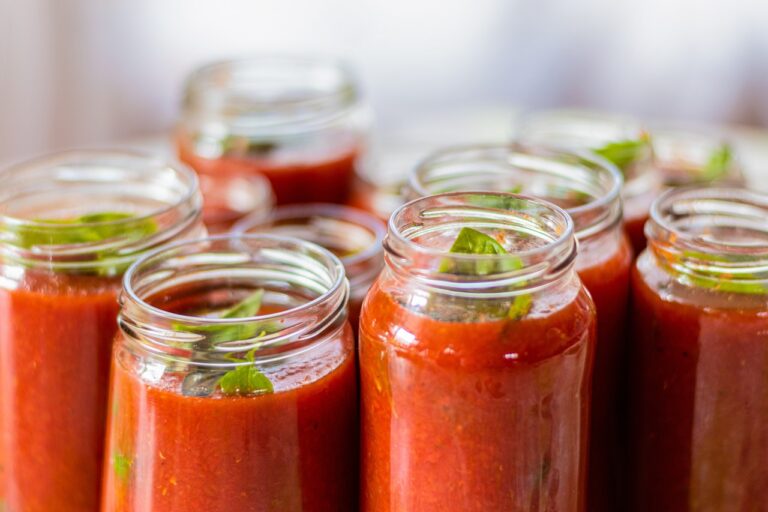The Benefits of Honey for Allergies: 11xplay online, Indian 24bet, Skyinplay login
11xplay online, indian 24bet, skyinplay login: Are you one of the millions of people who suffer from allergies every year? If so, you know just how frustrating and uncomfortable they can be. Sneezing, itchy eyes, runny nose – the list goes on. But what if there was a natural remedy that could help alleviate your symptoms? Enter honey.
Honey has been used for centuries as a natural remedy for a variety of ailments, including allergies. In recent years, scientific research has begun to support the claims that honey can help relieve allergy symptoms. So, what exactly are the benefits of honey for allergies? Let’s dive in and find out.
How Does Honey Help with Allergies?
One of the main ways that honey helps with allergies is by acting as a natural antihistamine. When you ingest local honey, you are exposing your body to small amounts of pollen. Over time, this exposure can help desensitize your body to allergens, reducing your allergic response.
In addition to acting as an antihistamine, honey also has anti-inflammatory properties. This can help reduce inflammation in the body caused by allergens, leading to a decrease in allergy symptoms.
Furthermore, honey is a natural cough suppressant and can help soothe a sore throat, which are common symptoms of allergies.
Types of Honey to Consider
When it comes to using honey for allergies, not all types of honey are created equal. Raw, unprocessed honey is the best option, as it retains all of its natural beneficial properties. Look for local honey, as it will contain small amounts of the pollen that may be triggering your allergies.
Manuka honey is another great option for allergies. This type of honey comes from New Zealand and has been shown to have strong antibacterial and anti-inflammatory properties. It is also high in antioxidants, which can help boost your immune system.
How to Use Honey for Allergies
There are several ways you can incorporate honey into your allergy-fighting routine. Here are a few ideas to get you started:
1. Take a spoonful of raw honey each morning to help build up your tolerance to local pollen.
2. Mix honey with warm water and lemon to soothe a sore throat.
3. Stir honey into your tea or coffee for a sweet, allergy-fighting boost.
4. Use honey as a natural sweetener in baking and cooking to reap its allergy-fighting benefits.
5. Create a honey and cinnamon paste to apply topically to soothe skin irritations caused by allergies.
The Bottom Line
While honey can be a helpful natural remedy for allergies, it is important to remember that it is not a cure-all. If you suffer from severe allergies, it is best to consult with a healthcare professional to determine the best course of action for your specific situation.
Give honey a try and see if it helps alleviate your allergy symptoms. With its natural antihistamine and anti-inflammatory properties, it just might be the sweet relief you’ve been looking for.
FAQs
1. Can children consume honey for allergies?
Yes, children over the age of one can safely consume honey. However, it is always best to consult with a pediatrician before introducing any new remedies to your child’s routine.
2. Is there a specific type of honey that is best for allergies?
Raw, unprocessed honey is the best option for allergies, as it retains all of its natural beneficial properties. Local honey may also be beneficial, as it exposes your body to small amounts of local pollen.
3. How long does it take for honey to start working for allergies?
It may take several weeks of consistent honey consumption before you start to notice a difference in your allergy symptoms. Be patient and stick with it to see the best results.







